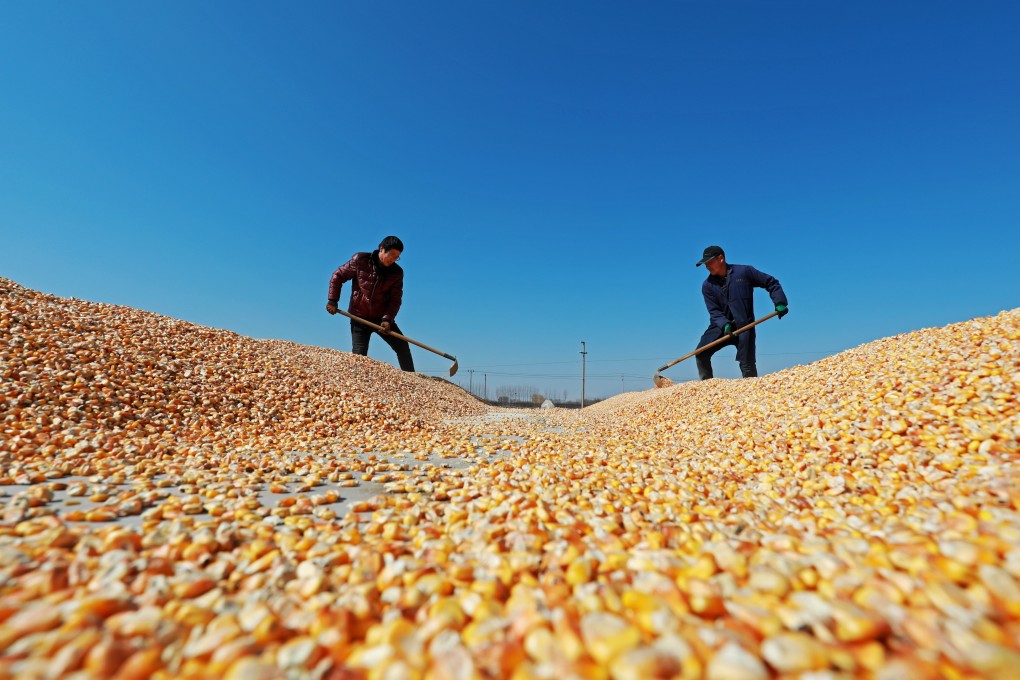China food security concerns prompt rethink of soybean expansion
- China should leave bulk soybean production to the US and Brazil and instead develop specialist non-genetically modified beans, industry leaders say
- Soybean imports will continue to play a role in domestic consumption, but limited arable land should be used for strategic crops to maintain food security

China should halt the expansion of soybean farms to leave space for strategic crops including rice, wheat and corn to ensure adequate domestic food supply in light of rising tensions with the United States, industry leaders have said.
But it did little to change China’s reliance on imported soybeans. The shift to soybean farming has also reduced corn supply, a key grain for animal feed, and pushed prices for the cereal grain to a five-year high. Corn price inflation is now spreading to wheat as animal feed producers use it as a cheaper alternative.
The worst part of a trade war is not tariffs, but closed doors
Yang Baolong, president of the China Soybean Association and general manager at Beidahuang Group, the nation‘s largest agricultural and agribusiness group, said China must accept the US will remain the dominant supplier of soybeans globally for the foreseeable future.